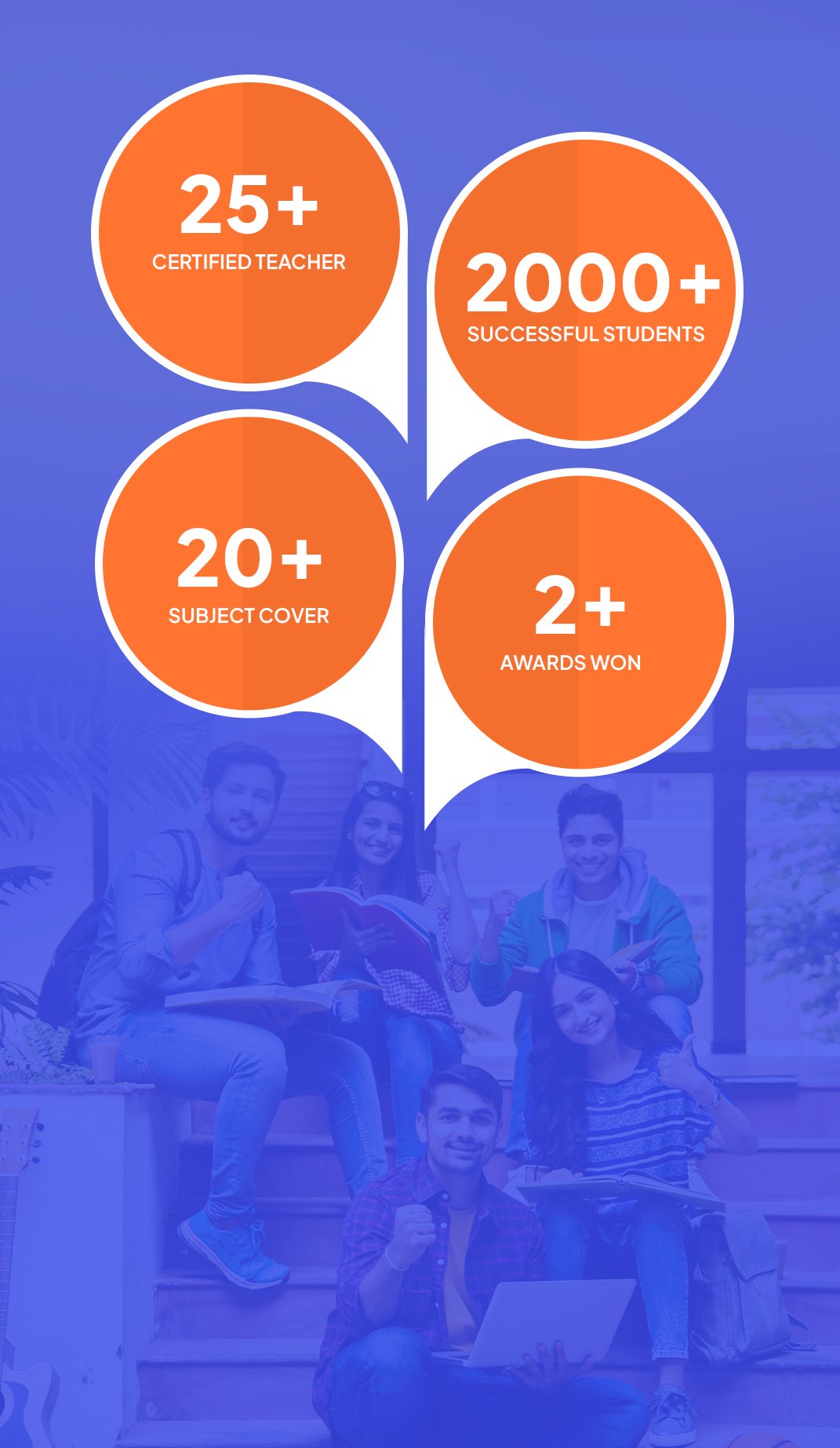
Academics is challenging for the kids these days because of the peer pressure and huge syllabus which has to be completed in a limited timeframe. While students are lenient till class 8 most of the time, classes 9th and 10th makes them work hard as these two classes lay the foundation of the next 2 classes which decides their future. Since the syllabus changes rapidly in class 9th, students face numerous challenges and this is when 9th class CBSE online coaching helps them a lot to cope up with the huge and changed syllabus.
Concept-based science tuition
For students planning to take up science in 11th and 12th, having a strong foundation in science subjects becomes very important. Concept-based science tuition for classes 9 and 10 helps students in clearing basics and build a solid foundation for the classes to come. Since specialized science courses often start in middle school, the majority of primary school programs sadly do not go deeply into science. In order to close this gap, we will discuss the benefits of concept based science tuition in this article
Benefits of Concept-Based Science Tuition for Class 9 & 10
A greater understanding of scientific concepts, better problem-solving abilities, and more confidence in taking on difficult subjects are just a few advantages of concept-based CBSE 10th online coaching forscience. By laying a solid foundation of fundamental ideas, this method helps students better understand and apply complicated theories to a range of contexts. Detailed benefits are:
Improved Understanding of Concept
Science lessons that involve practical experiments help make complex concepts more relatable. According to a National Science Teachers Association research, when students used hands-on learning instead of standard teaching techniques, their comprehension of scientific topics increased by 36%.
Growth of Critical Thinking Capabilities
Students are encouraged to examine and understand facts through hands-on science, which fosters critical thinking. Students who participated in practical science activities were 75% more likely to exhibit advanced critical thinking abilities than their counterparts who received traditional teaching, according to the Foundation for Critical Thinking.
Stimulating Creativity
One of the most important skills of the 21st-century is creativity. Because they frequently had to come up with original solutions to the problems they encountered, students who participated in hands-on science projects showed a 50% boost in creative thinking abilities, according to a study.
Encouraging Curiosity and Inquiry
Through practical science exercises, students develop into engaged knowledge searchers. Students who regularly participated in hands-on science activities were three times more likely to exhibit interest and inquisitiveness about their environment, according to a National Survey of Student Engagement.
Building Future-Ready Skills
According to the World Economic Forum, the most important abilities for the workforce of the twenty-first century are creativity, critical thinking, and problem-solving. Students who get practical scientific coaching acquire these critical abilities that prepare them for the future.
Increased Engagement and Motivation
Students with regular hands-on learning experiences had an engagement level 1.6 times higher than those without, according to a Poll, indicating that active participation increases interest and satisfaction in learning.
Improved Information Retention
According to research, students who participated in active learning environments had improved information retention, as seen by a 6% increase in test results when compared to those who attended standard lecture classes.
Reduced Exam Stress
The stress of learning a lot of new information for tests is lessened by having a solid conceptual grasp. Students perform better and experience less anxiety when they feel more prepared and confident. Additionally, by encouraging a more proactive approach to learning, concept-based learning lessens the need for last-minute cramming.
Improved Study Preparation
Success in upper secondary and college depends on having a solid scientific foundation in the ninth and tenth grades. Students who get concept-based learning are better prepared to succeed in more complex science courses.
Better Problem-Solving Ability
Students can confidently take on a larger variety of challenges once they have a firm understanding of the underlying ideas. They acquire critical thinking abilities and learn how to apply their knowledge to various situations. This is especially useful when answering difficult test questions and practical applications.
Real-World Relationships
Students’ learning becomes more relevant when they are able to apply what they have learned in the classroom to real-world scenarios through hands-on science education. According to a survey, 78% of students felt that practical experiments made science more relatable to their everyday life.
Encouragement of Cooperation and Teamwork
Because practical science projects frequently call for cooperation, it was discovered that 80% of students who took part in them improved their teamwork abilities.
Acquiring Knowledge from Failure
Students who engaged in practical science activities demonstrated a 65% increase in resilience and learnt to view failure as a teaching opportunity, according to a study
